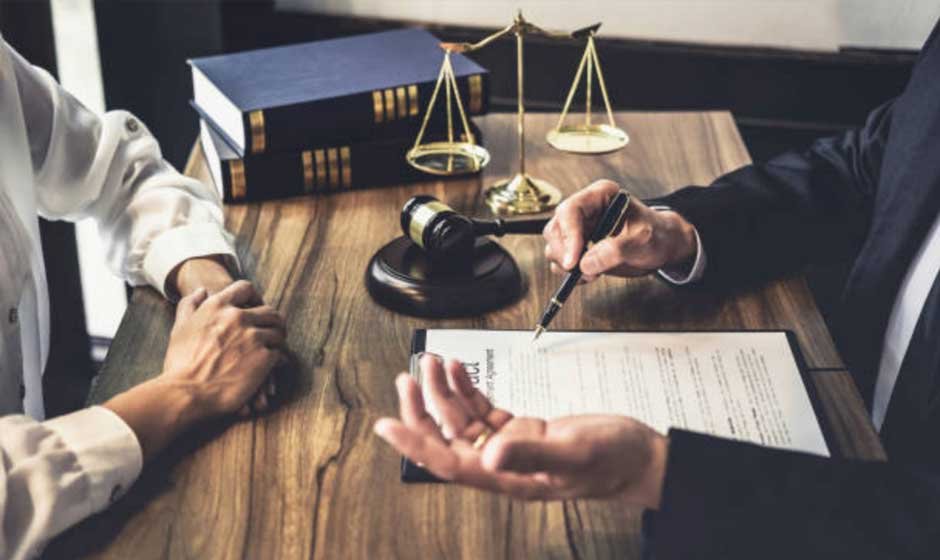When you hear about someone getting arrested or facing criminal charges in Puyallup, WA, your first thought might be, “That can’t happen to me.” But the truth is, it can happen to anyone, often when they least expect it. And when it does, knowing your rights is more than critical.
Puyallup isn’t some massive urban sprawl; it’s a tight-knit community where word spreads fast. Known for its small-town charm, Daffodil Festival, and strong civic pride, Puyallup is the kind of place where neighbors look out for one another—but also where reputations can be hard to rebuild once damaged. That makes it even more important to understand how to handle law enforcement, what to say (or not say), and how to protect yourself from mistakes that can cost you your freedom.
Whether you’re dealing with a serious accusation or a misunderstanding, your first step should always be to speak with a Puyallup, WA, Criminal Defense Lawyer. Not only do they know how the local system works, but they can also step in early and prevent things from escalating.
The Right to Remain Silent
This is your first defense mechanism. The Fifth Amendment gives you the right to stay completely silent when police start asking questions. You don’t owe anyone an explanation, especially not law enforcement during an investigation. If they tell you it’s just a few questions, that’s your cue to zip it and say you want a lawyer.
Why this matters:
- Anything you say can be twisted and used against you.
- You might accidentally say something inconsistent without even realizing it.
- Police are trained to get information—they’re not your friend in this moment.
Even if you’re innocent, even if you’re sure you didn’t do anything wrong, staying silent is your safest move. Once you invoke your right, police are supposed to stop questioning you until your lawyer is present. If they don’t, that can actually be grounds to get certain statements thrown out in court.
The Right to Legal Representation
From the second you’re arrested, or even just questioned, you’re entitled to an attorney. This right, protected by the Sixth Amendment, ensures that you don’t have to face the legal system alone.
Here’s how this plays out:
- If you can’t afford a lawyer, one will be provided to you.
- If you ask for a lawyer, all police questioning must stop.
- Your lawyer can talk to the prosecutor, challenge the evidence, and even negotiate your charges down.
The Right to a Fair Trial
When your case gets to court, you’re entitled to a fair shake. That means:
- A public trial where nothing is hidden
- A jury made up of people from your community
- A chance to tell your side and question the prosecution’s case
Let’s say one of the witnesses says they saw you at the scene, but their story keeps changing. Your lawyer can challenge that. Or maybe the prosecution tries to use evidence they weren’t supposed to have. That can be blocked, too.
A criminal attorney can make sure the jury sees all the flaws in the state’s case. Every detail matters, from jury selection to how the evidence is presented.
The Right to Confront Witnesses
If someone is going to accuse you in court, they can’t just send a statement. They have to show up, in person, and your lawyer gets to ask them direct questions.
Here’s basically what this means:
- Your attorney can cross-examine any witness.
- They can highlight inconsistencies or shady motives.
- If a witness isn’t available to testify in court, their out-of-court statements may be thrown out.
This right helps prevent people from lying or exaggerating because they know they’ll be challenged face-to-face.
The Right to Appeal
A guilty verdict isn’t the end of the road. If you think the court made a mistake—whether it was bad jury instructions, overlooked evidence, or bias—you can appeal.
Here’s what that involves:
- Your lawyer reviews the trial transcript for errors.
- They submit those issues to a higher court.
- If the appeal is successful, the court might overturn your conviction, order a new trial, or reduce your sentence.
The appeal process isn’t fast, but it can be the difference between years in prison and a second chance. Not all attorneys handle appeals, so you’ll need one who understands how to navigate that process in the court system.










